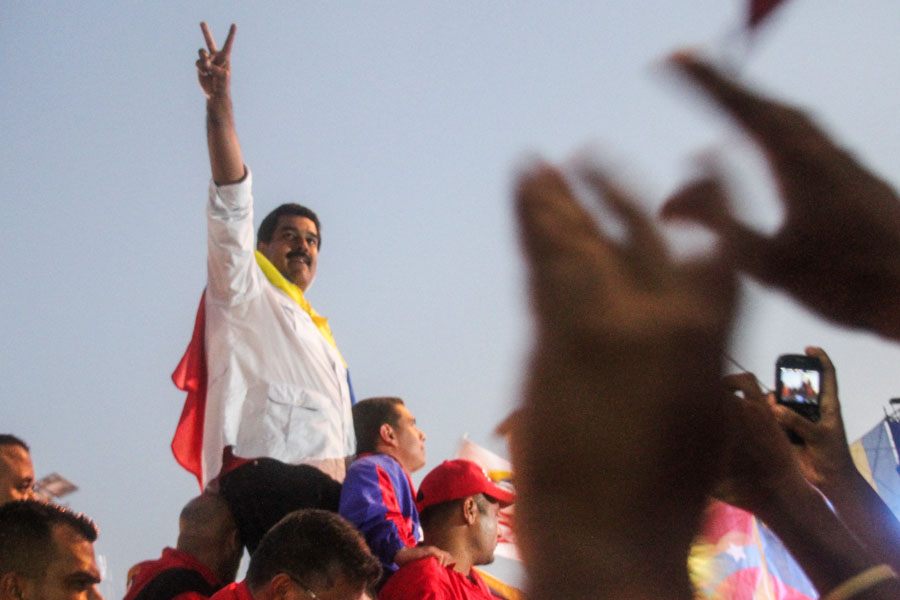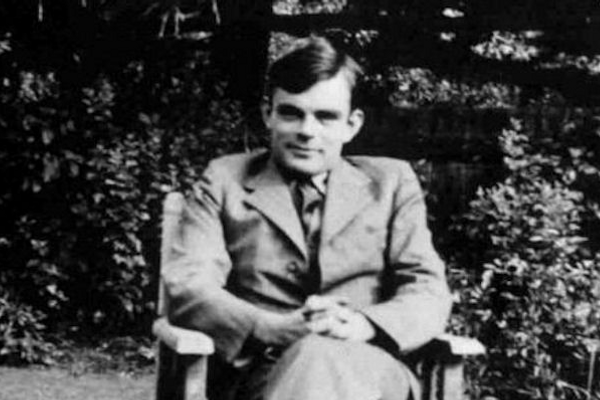Every Friday in Venezuela is Now a Non-Working Holiday
For the next two months the nation will be conserving energy with three-day weekends.

Venezuelan President Nicolás Maduro in 2013. (Photo: Joka Madruga/CC BY 2.0)
Venezuela has been suffering a punishing drought, which has been particularly harmful because hydroelectric power is a main source of energy in the country.
As with droughts occurring elsewhere in the world, the suspected culprit is El Niño, the weather pattern that causes irregular warming of parts of the Pacific Ocean.
El Niño’s effects are not expected to significantly let up until September at the earliest, according to the National Oceanic and Atmospheric Administration. In the meantime, some countries are having to resort to emergency measures.
For Venezuela, those measures have included more holidays. (When workers stay home, the reasoning goes, they use less hydroelectric power.) The country was officially on holiday for a whole week following Easter, and, on Wednesday, President Nicolás Maduro said that workers would be taking off quite a bit more: every Friday until the end of May.
In Caracas, Bloomberg reports, the extended post-Easter holidays saved centimeters—of water, that is. The non-work week conserved 22 centimeters (8.7 inches) of water at the Guri Dam, supplier of 40 percent of the country’s energy. The water depth is currently at 243 meters (797 feet). If it were to dip below 240 meters (787 feet), the dam would need to be shut down to avoid damage.
That shutdown would have the effect of deeper electricity rationing, sending the country further into crisis.
“I call on families, on the youth, to join this plan with discipline, with conscience and extreme collaboration to confront this extreme situation,” Maduro said.
Details of the work-free Fridays plan are due to be released later today.









Follow us on Twitter to get the latest on the world's hidden wonders.
Like us on Facebook to get the latest on the world's hidden wonders.
Follow us on Twitter Like us on Facebook